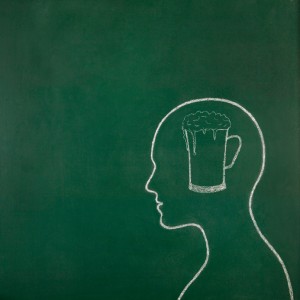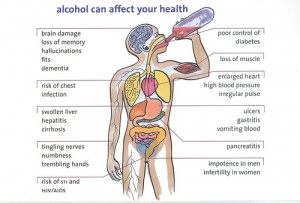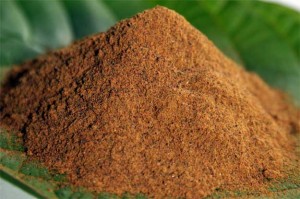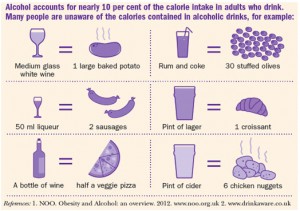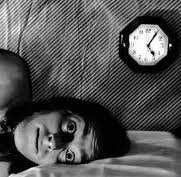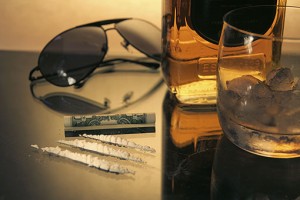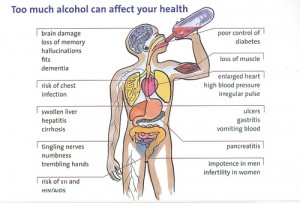Drug and alcohol abuse in the music industry has long been sort of an accepted part of the culture. How many famous musicians have overdosed on drugs and alcohol? How many more have waged battles against addiction, checking in and out of rehab so many times we’ve lost count?
The culture not only tolerates substance abuse, it almost demands it. Many people in the music industry worry if they turn their back on the party they will lose what makes their music good or what makes them appealing to their fans.
But the culture of drug and alcohol abuse in the music industry is undergoing a major transition across the entire musical landscape, according to artists, managers and others in the industry. There is a higher degree of awareness now, and people are starting to recognize that even recreational use can kill you.
I recently spoke to a women who had spent her entire career working for the music industry. She said,
“It used to be so common, 20 years ago, to drink and do drugs on the job. We’d have entire days devoted towards a certain type of alcohol-like beer Wednesdays or vodka Fridays. Every executive had a full bar in the office and drinking was almost a requirement of the job.”
Then, she says, the landscape started to change.
“The constant drinking slowed, started to become taboo. There was still a group of us who did cocaine every day, but we could no longer do it out in the open. We started going to the bathroom together. Everyone knew what we were doing, but we couldn’t do it on our desks anymore. Executives stopped offering us drinks when we walked into the office. Things just changed.”
Kate* is now in a sober living facility after spending 90 days in an inpatient treatment center.
Part of the change may have to do with the economy, Kate says.
“Everyone is worried about the bottom line, and everyone has to be accountable. When the music industry stopped making as much money, everyone started to focus on productivity.”
More artists have also gone public with their addictions, and addiction is recognized for what it is- a disease. Gratuitous alcohol abuse in the music industry is no longer encouraged and rewarded as it once was. It is now considered cool for artists to take care of themselves and live a healthy lifestyle.
In the mid-1980s, Aerosmith broke down the door that made it okay for big-name artists to go public with their sobriety. In the years since, several other artists have made their sobriety known.
In the 90’s, the Safe Harbor Room-a backstage area that provides a support system to artists and crew members struggling with addiction issues was instituted at the Grammy Awards. Today, Safe Harbor Room program has been extended to South by Southwest, the NAMM convention, Coachella, Ozzfest, the CMA Awards and other events.
Other programs, like Road Recovery, have made it easier for artists to use a drug-free road crew.
Sources:
http://www.today.com/id/5033438/ns/today-entertainment/t/music-industry-coming-grips-addiction/
http://www.codyenterprise.com/news/opinion/article_561c10dc-5c20-11e1-b7b9-001871e3ce6c.html



